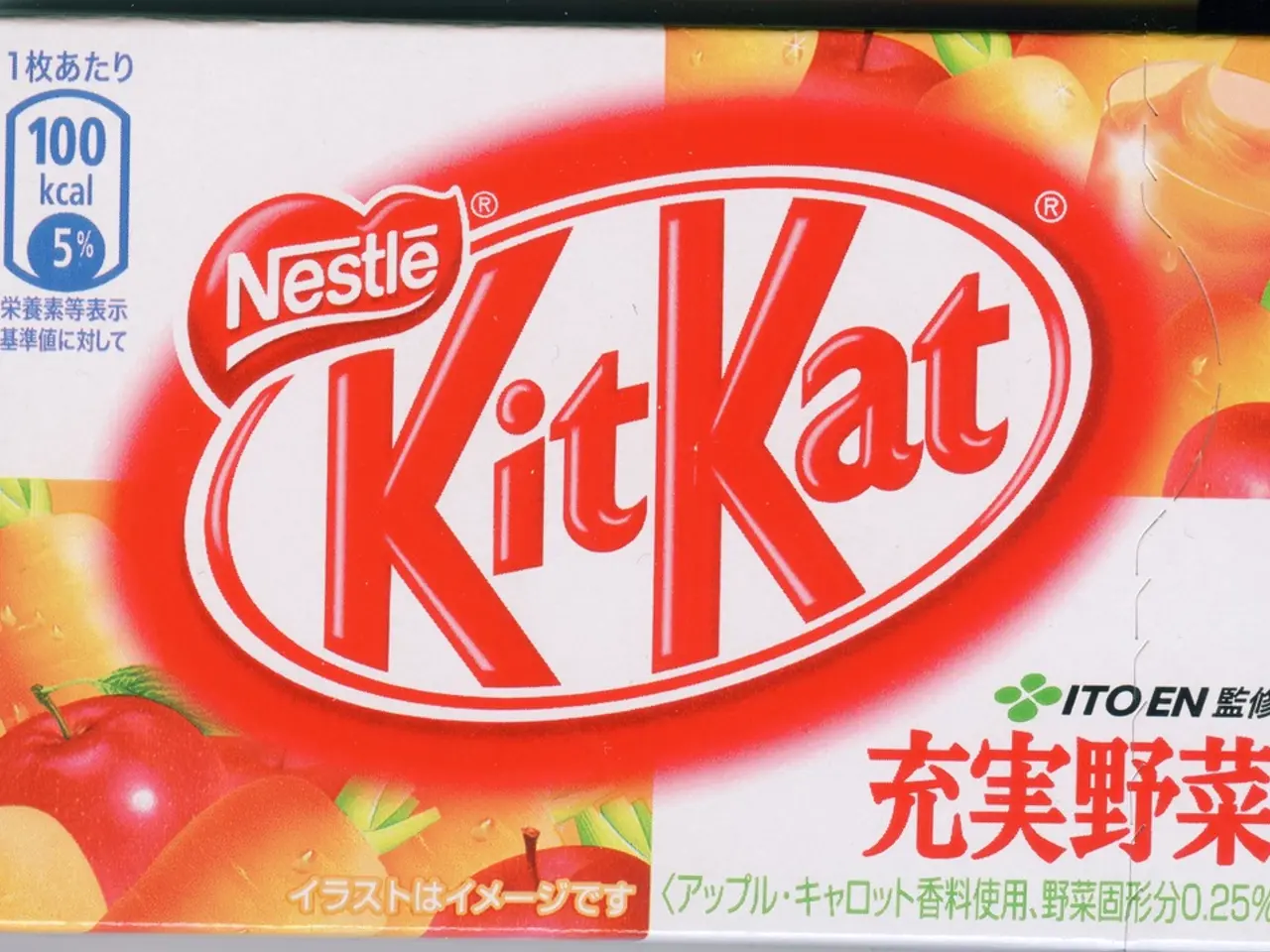Accelerated Weight Loss through Healthy Methods
In the pursuit of weight loss, the scientific consensus points towards a gradual and steady approach as the most effective and healthful method. This approach, which emphasizes balanced nutrition and exercise, offers numerous benefits that rapid weight loss often fails to deliver.
Eating slowly can help the brain and gastrointestinal tract coordinate their activities, leading to increased feelings of satisfaction and potential weight loss. Drinking water, too, increases the amount of calories burned and can help reduce appetite, making it beneficial for weight loss. The body needs good fats for fat burning, with sources including avocados, olive oil, nuts and seeds, and oily fish like salmon or mackerel. Consuming fish oil, in combination with exercise, can help reduce body fat and improve metabolic and cardiovascular health.
Strength training, such as push-ups, sit-ups, lunges, squats, crunches, and jumping jacks, results in longer muscle recovery time, which burns calories. Even a quick bit of fitness is better than nothing, and can be implemented into a daily routine. High-intensity interval training (HIIT) exercises, involving short bursts of intense activity followed by a short recovery period, are beneficial for quick weight loss.
Losing one to two pounds per week is a healthy and sustainable way to shed bodyweight, according to experts at the CDC. Gradual weight loss with a moderate caloric deficit, combined with adequate protein intake and physical activity, helps maintain lean muscle mass. This preservation prevents metabolic slowdown, which is common in rapid weight loss phases and can hinder long-term weight management.
Gradual weight loss also reduces the risk of metabolic adaptations, lowering the body's energy expenditure more dramatically during rapid weight loss. This survival mechanism resists further weight loss, but gradual loss mitigates this response, improving chances of sustained weight reduction.
Moderate, sustained weight loss significantly lowers risk factors such as type 2 diabetes by improving insulin sensitivity and reducing inflammation. Slow weight loss supports developing healthy eating patterns and a positive relationship with physical activity, making adherence better and weight management more effective over time.
Outdoor workouts can decrease stress hormones, lower blood pressure, and provide the body with Vitamin D. Cardio exercises like running, cycling, or swimming can also be implemented outdoors. Applying resistance to exercises can amplify weight loss results by developing muscles, increasing metabolism, and causing fat loss through post-workout afterburn.
However, it's important to note that lack of sleep could be preventing weight loss by hindering the body's recovery process and metabolism, leading to increased food consumption. Another study from 2017 found that yo-yo dieting is associated with less overall weight loss.
A 2020 Cambridge University study found potential benefits to both gradual and sudden weight loss, stating that further research is needed. Nutritionist Milena Kaler and expert PT Farren Morgan provided tips for quick and sustainable weight loss. Outdoor workouts burn more calories due to external factors like wind resistance and colder temperatures.
In conclusion, scientific studies recommend gradual, steady weight loss with balanced nutrition and exercise as a more effective and healthful approach than sudden or rapid weight loss, because it better preserves muscle, reduces metabolic slowdown, improves long-term adherence, and offers substantial metabolic and psychological benefits.
- For effective weight management, a gradual approach that involves balanced nutrition, such as incorporating good fats from avocados, olive oil, nuts, seeds, oily fish like salmon or mackerel, and fish oil, combined with exercise, is recommended.
- Consuming fish oil, along with regular exercise, can help reduce body fat, improve metabolic and cardiovascular health, and aid in weight loss.
- Strength training exercises like push-ups, sit-ups, lunges, squats, crunches, jumping jacks, and even short HIIT exercises can help burn calories, stimulate muscle recovery, and contribute to weight loss tasks.
- Healthy and sustainable weight loss, such as shedding one to two pounds per week, is essential to prevent metabolic slowdown, which can hinder long-term weight management.
- Outdoor workouts can offer additional benefits apart from weight loss, such as reduced stress hormones, lower blood pressure, and exposure to Vitamin D, making them a winning combination for a holistic approach to health-and-wellness, fitness-and-exercise, nutrition, and weight-management.




